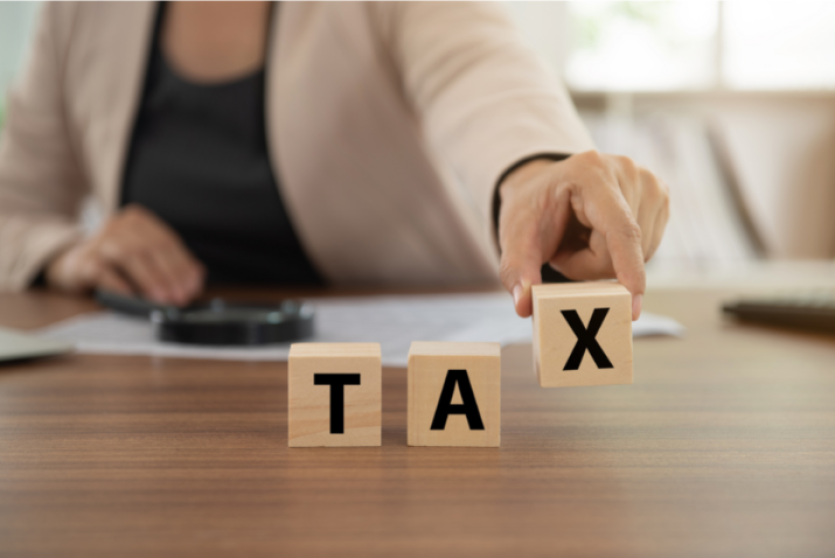Landlord tax updates for 2022/23

Over the last decade or so, landlords have got very used to the Government announcing tax changes each year. Due to the general increase in rents, landlords are still seeing their investments perform well and thankfully the last two budget announcements from the Chancellor have been relatively easy on property investors.
Although there aren’t any property-specific tax changes for landlords this year, there are a few other things that may have implications not only for you, but also for your tenants. Anything that impacts negatively on their finances could affect their ability to pay their rent, so it’s helpful for you to know what challenges – or benefits – they might be facing.
The personal allowance freeze
With fuel and energy prices increasing and the overall cost of living rising this year, it’s putting a squeeze on everyone’s finances. So the 5-year freeze on the personal allowance, which usually rises each year to reflect inflation, is going to bite this year.
The freeze means that from this tax year until 2026, the amount you can earn before you start paying tax will remain at £12,570. So, if the cost of living continues to rise over that time, the tax-free benefit will drop in ‘value’ and your net income or take-home pay will effectively be worth less – as will your tenant’s.
Changes to National Insurance
The rate of certain national insurance contributions (NICs) has increased by 1.25% for this tax year, with the Government intending to spend the extra revenue on the NHS, health and social care.
This rate rise has been applied to class 1 NICs paid by all working adults, and class 4 NICs paid by self-employed people – although this rarely affects landlords as buy-to-let is an investment as opposed to a trading activity. So this extra tax is most likely to affect both you and your tenant.
The monthly earnings threshold at which employees start paying NIC has gone up from £797 last year to £823, above which you pay 13.25% NIC. The upper limit, above which you pay a much lower rate of 3.25%, has remained at £4,189.
If you run your property portfolio as a business and have any employees, such as a property manager or bookkeeper, you will also pay 1.25% more on your employer’s NIC.
However, property tax is very specific to every individual, so do seek bespoke tax advice to understand how this and other taxes might affect you.
A cut in the Universal Credit taper rate
Those on Universal Credit used to lose up to 63% of their payment when they returned to work. But in December last year, this rate was brought down to 55%, allowing claimants to keep more of their payment.
So, if your tenants are employed but their earnings are at the lower end of the spectrum, they may already be benefitting from this 8% taper rate cut.
Minimum wage rise
This is probably the biggest bonus for those on low incomes. The minimum wage will rise this month, from £8.91 to £9.50, which is almost in line even with the high inflation we are seeing this year. This will help those that are struggling with the higher bills this year.
It is essential that landlords seek some tax advice, not only about current buy-to-let financials, but also about future tax planning. If you need any guidance, get in touch with us and we'd be happy to help.
Looking for advice?
If you're looking to let or sell your property, we can help. Get in touch with your local branch or book in for a property valuation.

Contact Us
Got a question, general enquiry or something else?
You may also like



